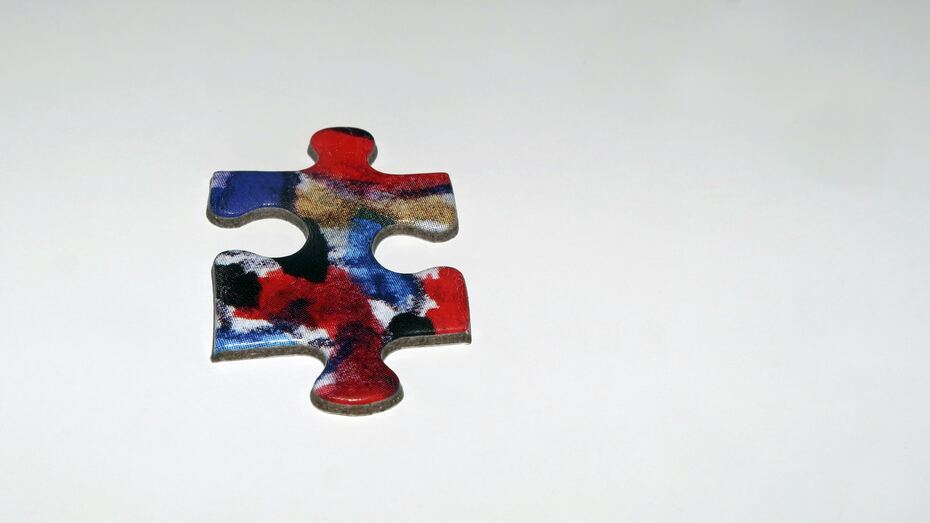
Teamwork is obviously super important for almost any organization. A lot of things, in terms of defining the success of an organization, hinge on it. Sometimes, we make mistakes that undermine our collaboration and productivity, and we do not even realize it. In this blog post, we will share some of the most common mistakes that people make in teamwork, and how to avoid them.
1. Little Planning
Planning is the foundation of almost any project, but it is often neglected or rushed. When we do not plan properly, we create confusion and ambiguity about our roles, responsibilities, deadlines, and expectations. This can lead to conflicts, misunderstandings, and blame games among team members.
Planning also makes all further communications easier. Instead of sorting through responsibilities, faults, etc., during the time allotted to the project, you already are aware of where you went wrong and how much time and resources you can spare.
Initially, brainstorm ideas together and agree on a common vision for the project. Break down the project into smaller tasks and assign them to different team members according to their skills and preferences. Create a timeline and a budget for the project and stick to them as much as possible. Communicate regularly with your team members and update them on your progress and challenges. Review and revise your plan as needed and adapt to changing circumstances.
2. Weak Communication
Communication is the key to effective teamwork, but it is often overlooked or taken for granted. When we do not communicate enough, we miss important information, feedback, and ideas from our teammates. We also risk creating misunderstandings, assumptions, and gaps in our work.
Use multiple channels of communication, such as email, phone, chat, video call, etc., depending on the situation and the preference of your team members. If certain members are not up to date because they do not use a given channel, make sure to inform them straight away. Use clear and simple language and avoid jargon or slang that might confuse or mislead others. Use visual aids, such as sketches, mockups, prototypes, etc., to illustrate your ideas and get feedback. Ask questions and clarify any doubts or ambiguities that you might have. And of course, Be respectful and polite to your team members and acknowledge their contributions and efforts.
3. Conflicts
Teamwork requires alignment and cooperation among team members, but sometimes we have different or even conflicting goals that interfere with our collaboration. E.g., we may have different priorities, preferences, styles, or agendas that clash with those of our teammates. We may also have personal issues or emotions that affect our work.
Though, Conflicts are not necessarily bad. They can actually be beneficial for the project if they are handled properly. They can stimulate creativity, innovation, diversity, and improvement. But when they are of the negative kind, there are a few tools that can help you work it out.
First, identify the source and the nature of the conflict. Is it about facts, goals, methods, values, or personalities? Also, try to choose an appropriate style of conflict resolution. Is it better to compete, collaborate, compromise, avoid, or accommodate? And, focus on the problem, not the person. Do not attack your team members for the conflict. Instead, try to understand their perspective and feelings. Initially, try to seek a win-win solution that satisfies both parties and benefits the project. Last but not least, apologize when you are the one who is blameworthy in a given situation. It helps set the standard for everyone else. 
4. Little Understanding
Teamwork often involves working with people from different backgrounds, disciplines, or fields of expertise. This can be a great opportunity to learn from each other and create innovative solutions, but it can also be a source of confusion and frustration. When we do not understand the basics of the craft of the others, we may have unrealistic expectations, make wrong assumptions, or overlook important details.
Here is one advice that would likely prove quite important if everyone took it: Do not assume that your team members know what you want or need. Be clear and specific about your expectations and requirements. Also do not expect them to have the same methodology as you when it comes to this or that task. If you want them to vary something, or fix a mistake a certain way, be explicit about it.